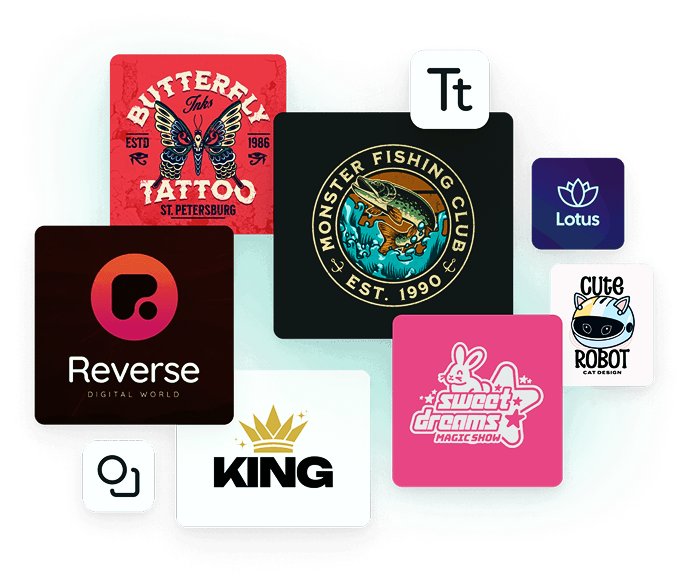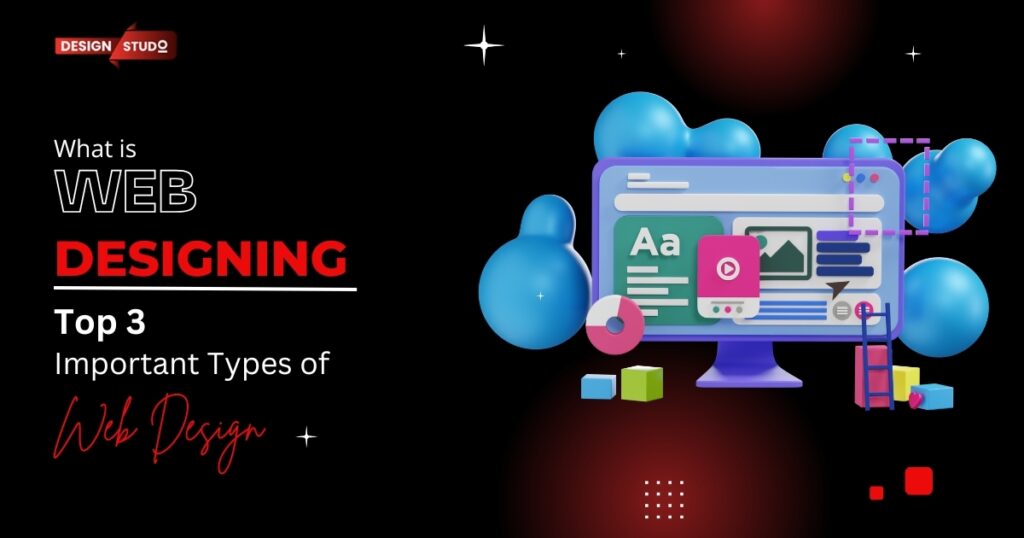In the rapidly evolving digital landscape, businesses and individuals are often confronted with a common question: It is between a website and a web application that some people often get confused. Since web sites and web apps are used interchangeably more often than not, a clear definition is required for better decision-making, especially when choosing to invest in custom web development services. These differences are described and explained at DesignStudioOnline often when working with clients to assist them in making the right decision regarding their digital communication needs.
Defining Websites
Simply put, a website is a collection of related documents that the Internet links together and makes accessible. Such pages may consist of texts, images, videos, and other materials that give information to people. Since websites are mainly informational, there is limited interactivity, or the site is even, rather static. These may include blogs, company profiles, or even e-commerce sites.
The goal of the Web site’s existence can be simply said to offer the user convenient access to the information, which will be informative, persuasive, or recreational in nature. As mentioned before, websites are generally developed using front-end technologies like HTML, CSS, and JavaScript. In terms of design, they can range from a simple single webpage to a complex multi-phased website, like an e-commerce site.
Nevertheless, depending on the site’s complexity, its main function is always to present information. Some of the well-known ones are online magazines, company portfolios, and blogs.
Defining Web Apps
A web app, short for a web application, is more dynamic in nature compared to a website. Unlike websites, web apps are designed for user interaction and typically perform tasks or solve problems through user input. These applications are built with a combination of front-end and back-end technologies. While they can look like websites on the surface, they are essentially software applications hosted on the internet.
Examples of web applications include Google Drive, Trello, and Slack. The target audience does not only consume content through these platforms; they engage, modify, and share messages and information. Web apps provide more features and are built with a more complex environment, usually using databases, login forms, and smooth user interface layouts.
It is essential for one to distinguish between websites and web applications when choosing custom website development services. Web apps, on the other hand, are more interactive, performing tasks and facilitating communication between the user and the server.
Key Differences Between Websites and Web Apps
1. Interactivity and Functionality
One major difference that can be easily noticed between websites and web apps is their interactivity. It’s important to understand that websites are mainly informative. Of course, if there are forms for filling in contacts, comments, or buttons for making purchases, the main focus should be on the content. As for Web apps, the goal is to interact in a deeper way with a user. The user, as a rule, carries out such operations as writing a document or else performing a project, during which he interacts in real time with the server.
If a firm wants to create a better interactive feature, it will be relatively more beneficial for the firm to engage in web app development. Custom web development services can help to meet the requirements of target users and make the web application intuitive.
2. Technology Stack
While both websites and web apps use front-end technologies like HTML, CSS, and JavaScript, web apps rely heavily on back-end technologies and databases. This additional complexity allows web apps to perform more dynamic functions.
For example, a website might get content from a server to show a blog article, while a web app might download, process, update, and synchronize data in real time. To enable this complex work, web apps utilize Angular, React, Node.js and other frameworks. If a client opts for custom web development services, selecting the right technology stack for either a website or a web application is critical.
3. User Authentication
Most websites don’t require user authentication beyond a basic sign-in for account holders. Information on websites is generally accessible to all visitors, whether or not they have an account.
On the other hand, web apps typically require the user to log in for nearly every session. Since web apps involve content, information, data, or anything of that nature, users have to provide login details to access their own data. This introduces an additional layer of functionality and security that we have never experienced before.
When choosing custom web development services, companies should define whether they require basic content read/write access, as websites do (as a rule), or more advanced authorization models, as web apps do.
4. Updates and Maintenance
Websites often require fewer updates once they are live. Since they serve mainly as static information sources, updates are typically limited to content changes or minor adjustments. On the other hand, web apps require continuous updates, bug fixes, and feature enhancements to maintain their functionality and security.
Another thing that has to be compared if a business is choosing between developing a website or a web app is the maintenance and update cost. Custom web development services may also involve maintenance, guaranteeing that your web application stays usable and protects your data.
5. Offline Functionality
There is always a peculiar idea that some Web applications are able to work offline. Service workers enable Progressive Web Apps (PWAs) to cache content and functionalities in case the users are offline. This kind of flexibility is not possible with WCM that employs conventional websites since they can only make content available when connected to the internet.
In cases where offline capability is an important issue for your business, a web app might be more suitable than a mobile app. ‘Custom web development services can offer relevant solutions that will guarantee that the website works perfectly when accessed offline.
Why Understanding the Difference Matters
The differences that separate websites and web apps are vast not only from the development perspective but from the perspective of their functionality, usefulness, adaptability to business needs, and plans in the future. Before deciding whether your project requires a website or a web app, it’s essential to consider your objectives:
- User Experience: Websites provide users with information, while web apps enable them to complete tasks.
- Business Goals: If your business aims to educate or inform users, a website may be sufficient. If you need users to engage with your service or product (such as booking services, filling forms, or accessing personalized data), a web app is more suitable.
- Scalability: If you anticipate expanding your service offerings or adding features over time, web apps offer more flexibility to grow and adapt to changing needs.
As a web designing company, DesignStudioOnline practices a similar belief where we advise our clients on the differences above in order to arrive at the right choice. The custom web development services help dictate that your project will not only be suitable for today, but for the future of your business as well.
The Role of Custom Web Development Services
As a web design company, DesignStudioOnline practices a similar belief where we advise our clients on the differences above in order to arrive at the right choice. Custom web development services help dictate that your project will not only be suitable for today but for the future of your business as well.
- Tailored Solutions: Custom development ensures that your digital platform is built specifically for your business needs, user base, and long-term goals. Whether you need a user-friendly website or a feature-rich web app, a custom approach ensures it aligns with your objectives.
- Scalable Infrastructure: For businesses that anticipate growth or evolving functionality, custom development allows for scalable architecture, meaning your web app or website can handle increasing traffic and expanded features.
- Security: Particularly in the case of web apps, security is a major concern due to the handling of sensitive user data. Custom development services can integrate advanced security protocols to protect both your business and users.
- Enhanced User Experience: A website or web app with a polished user interface (UI) and seamless user experience (UX) can make all the difference in user satisfaction. Custom development ensures that every aspect of your platform is designed with the user in mind.
Conclusion
The choice between a website and a web app always depends on what you want to achieve: the primary goals of your enterprise, how users will interact with it, and how you expect it to evolve in the future. When it comes to imparting information, websites are the most suitable, while web apps are more appropriate for an engaging as well as a dynamic one. When combined with the necessary custom web development services, the precise digital solution can significantly enhance your business.At DesignStudioOnline, we specialize in delivering custom web development services tailored to your unique business needs. Whether you’re looking for a static website to showcase your portfolio or a complex web app to engage users in real-time tasks, we can help bring your vision to life with precision and expertise.
Also Check out Google store: Designs studio online













